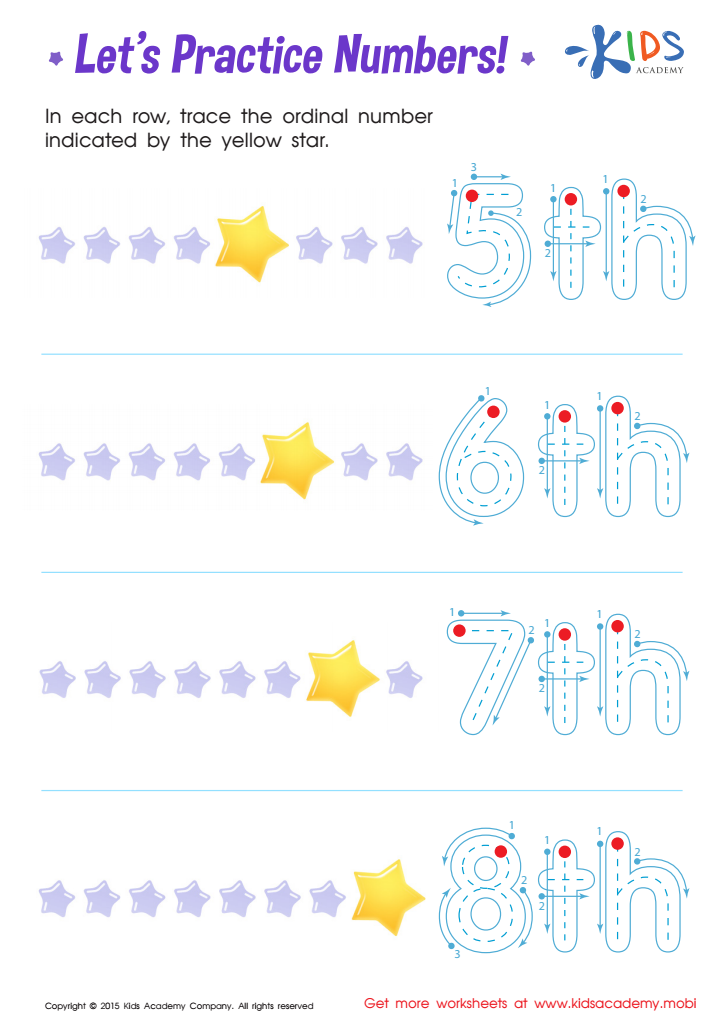Counting skills Normal Numbers Worksheets for Ages 4-9
67 filtered results
-
From - To
Explore our engaging Counting Skills Normal Numbers Worksheets, specially designed for children aged 4-9! These worksheets are perfect for helping young learners develop essential counting skills in a fun and interactive way. With a variety of exercises that include counting objects, number recognition, and simple math problems, children will reinforce their understanding of numbers while enjoying colorful illustrations. Ideal for home learning and classroom activities, these worksheets foster confidence in mathematical abilities. Join us in making learning to count a joyful experience, providing your child with a strong foundation in numeracy through our carefully crafted resources!
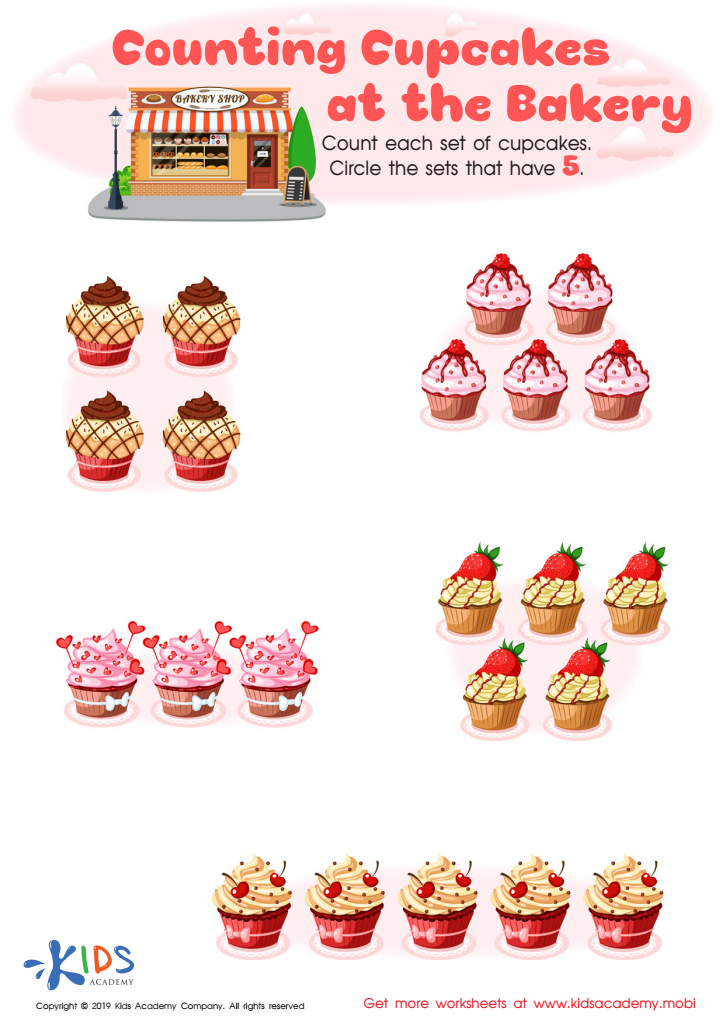

Counting Cupcakes Worksheet
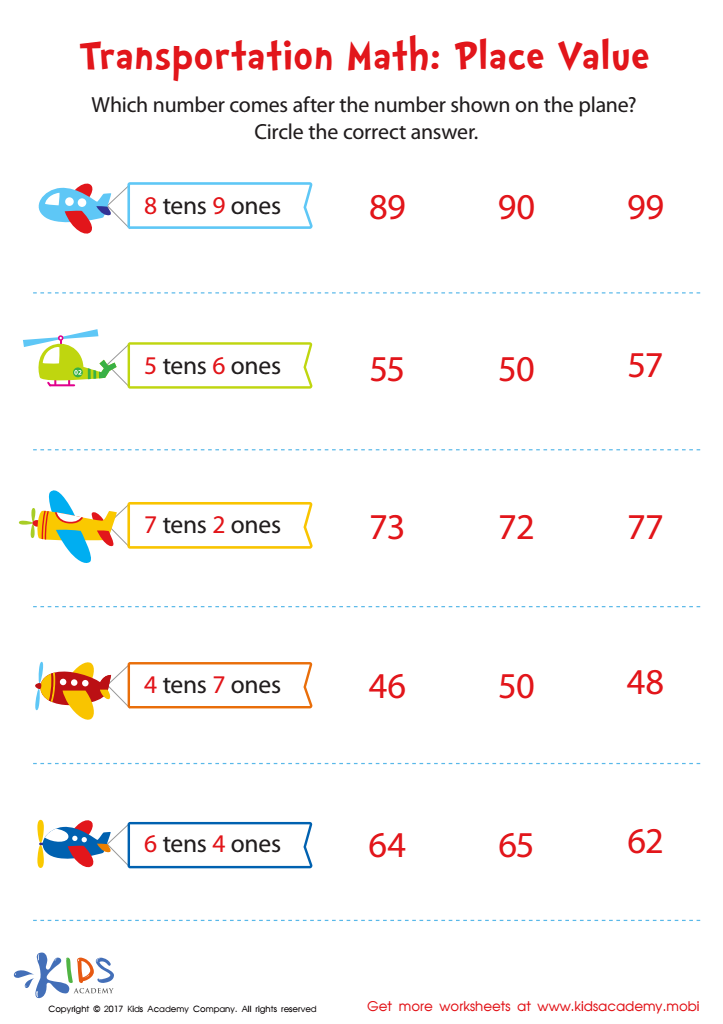

Transportation Math Printable
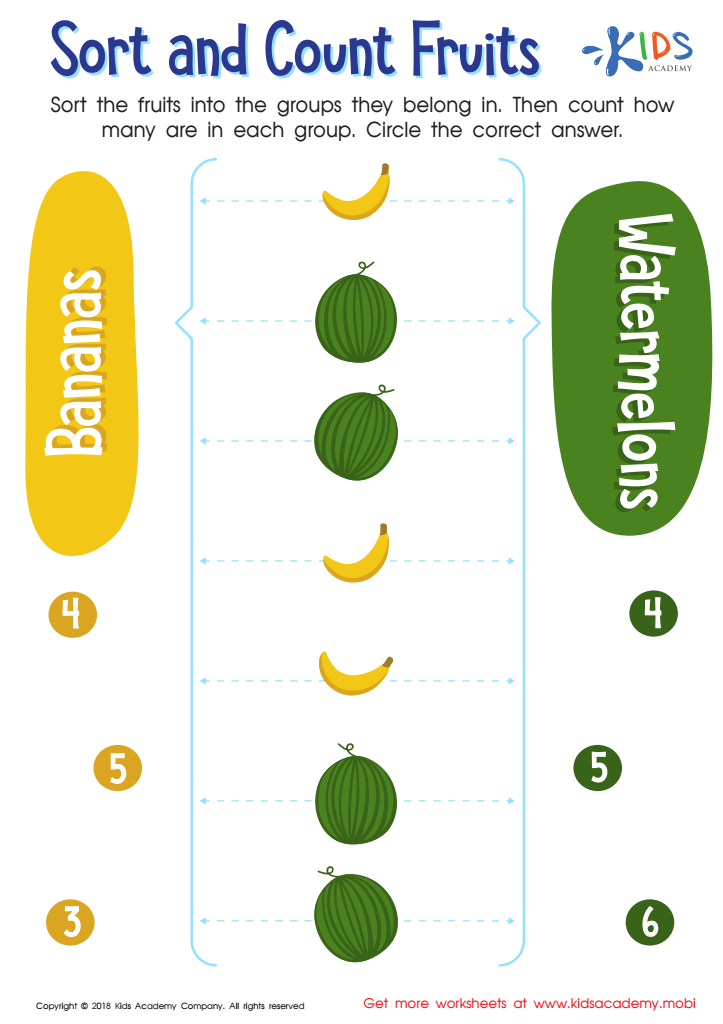

Sort and Count Fruits Worksheet
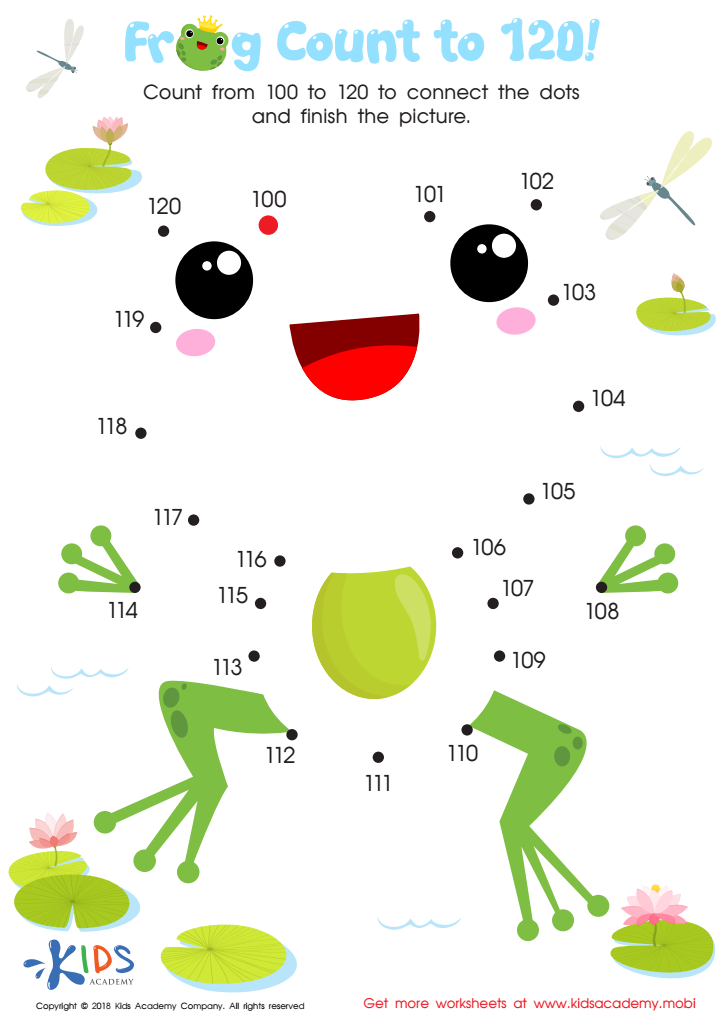

Frog Count to 120 Worksheet


Sort and Count to the Moon Worksheet
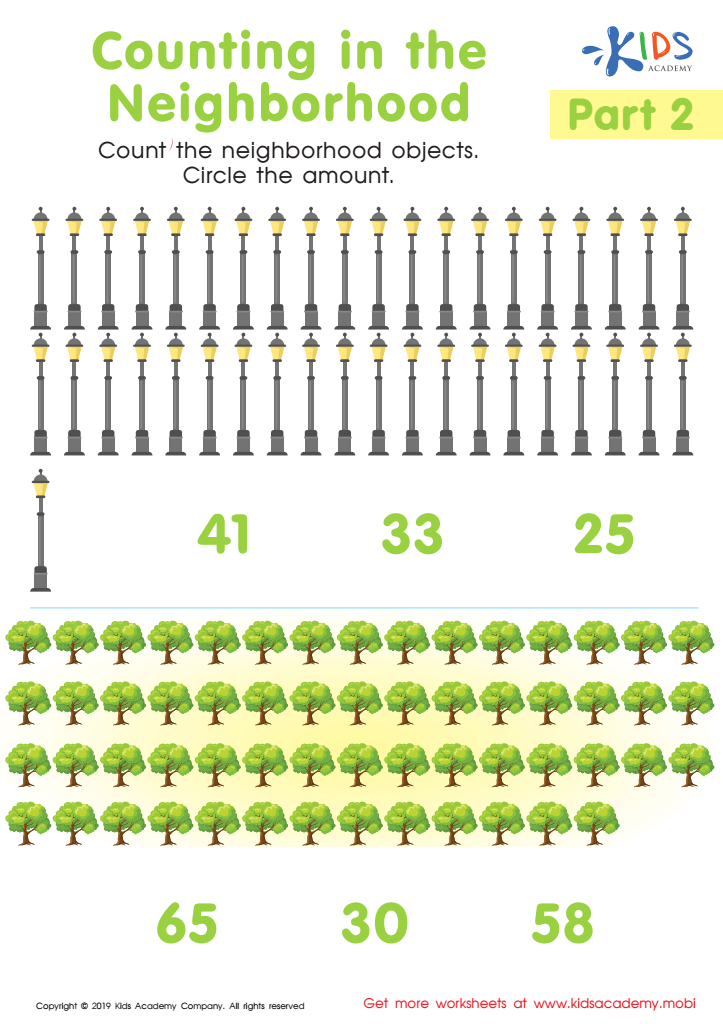

Counting In The Neighborhood Part 2 Worksheet
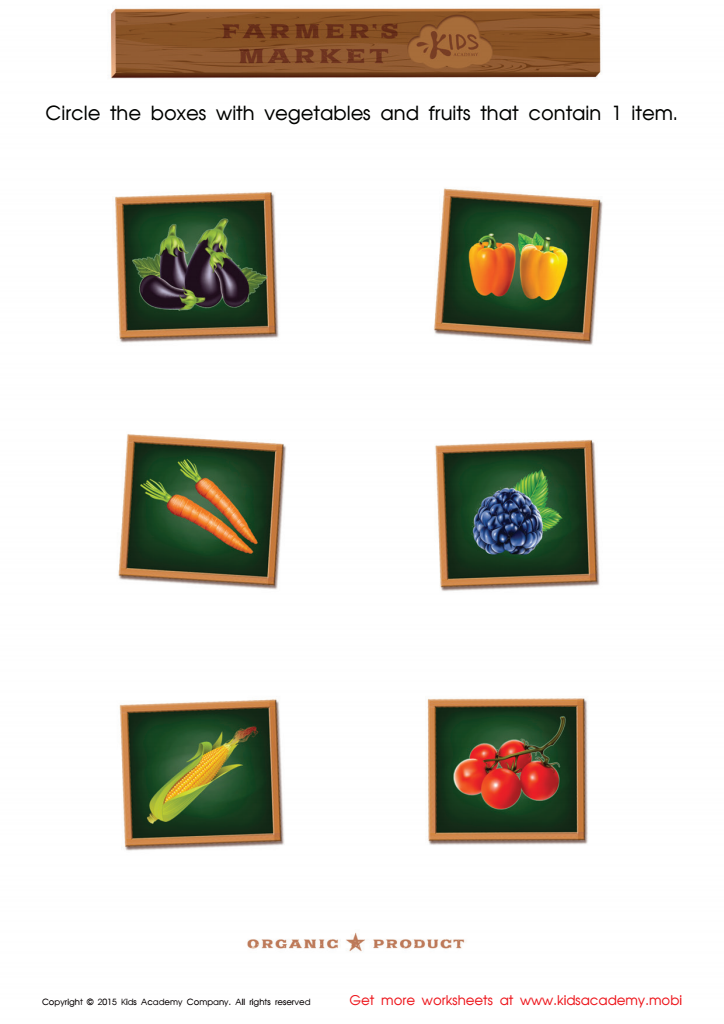

Count and Match Boxes with Vegetables
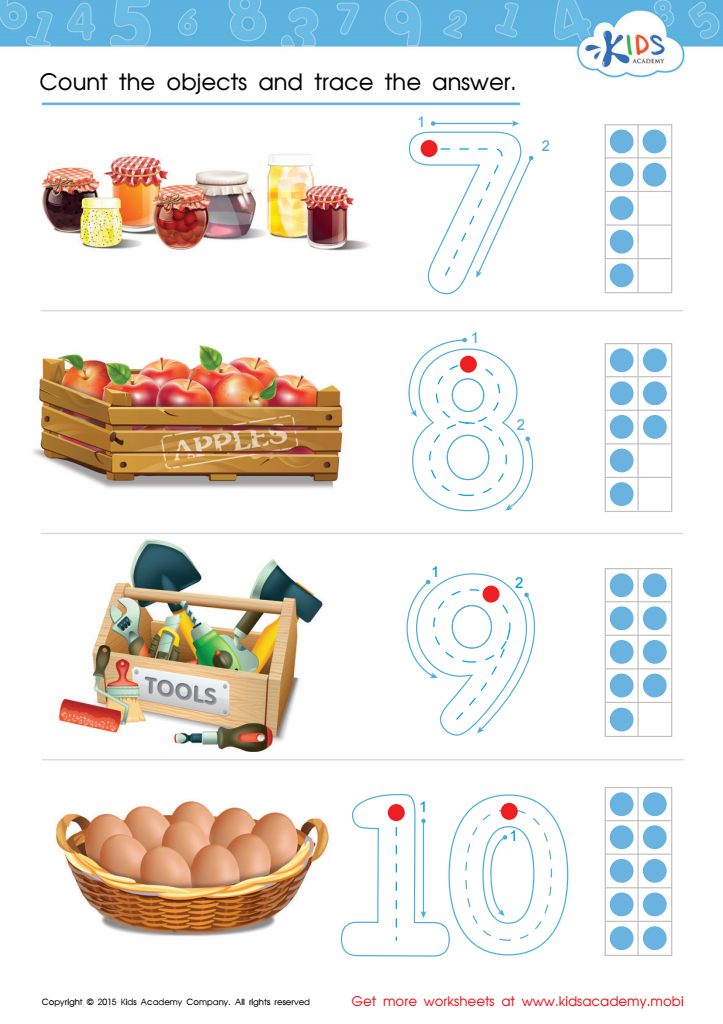

Count and Trace 7 – 10 Worksheet
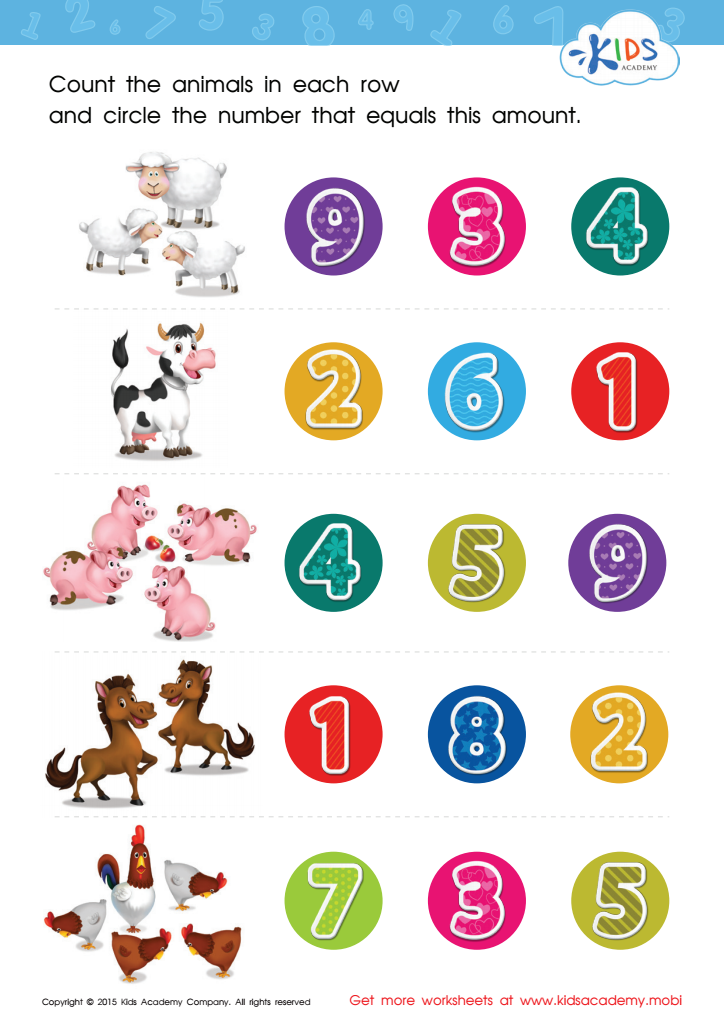

Count and Match 1 – 5 Math Worksheet
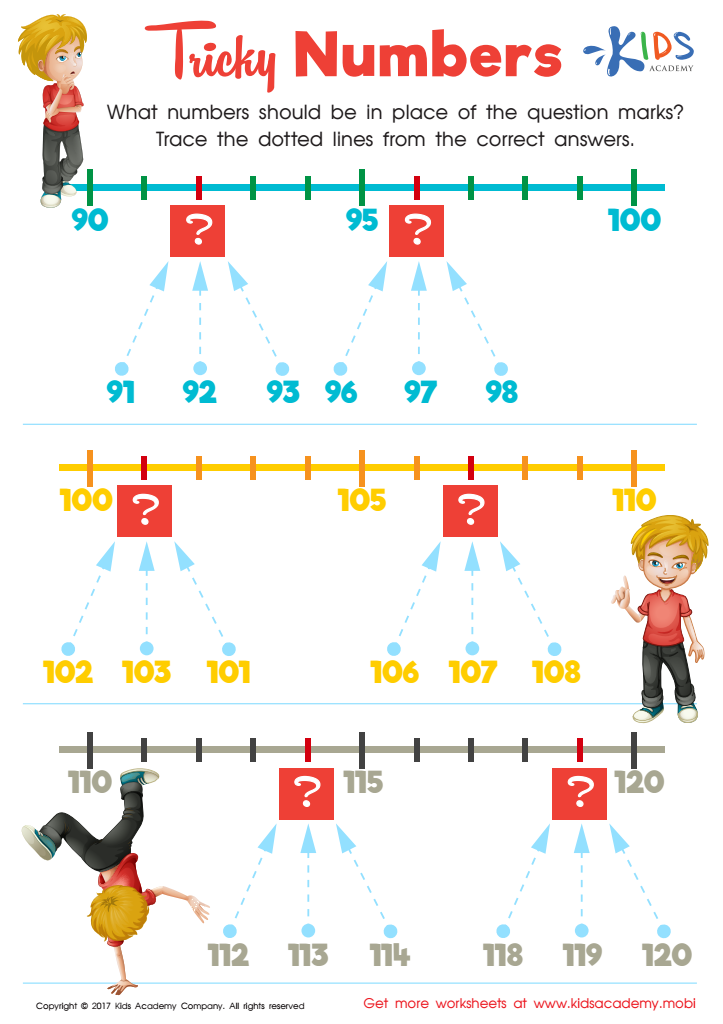

Tricky Numbers Worksheet
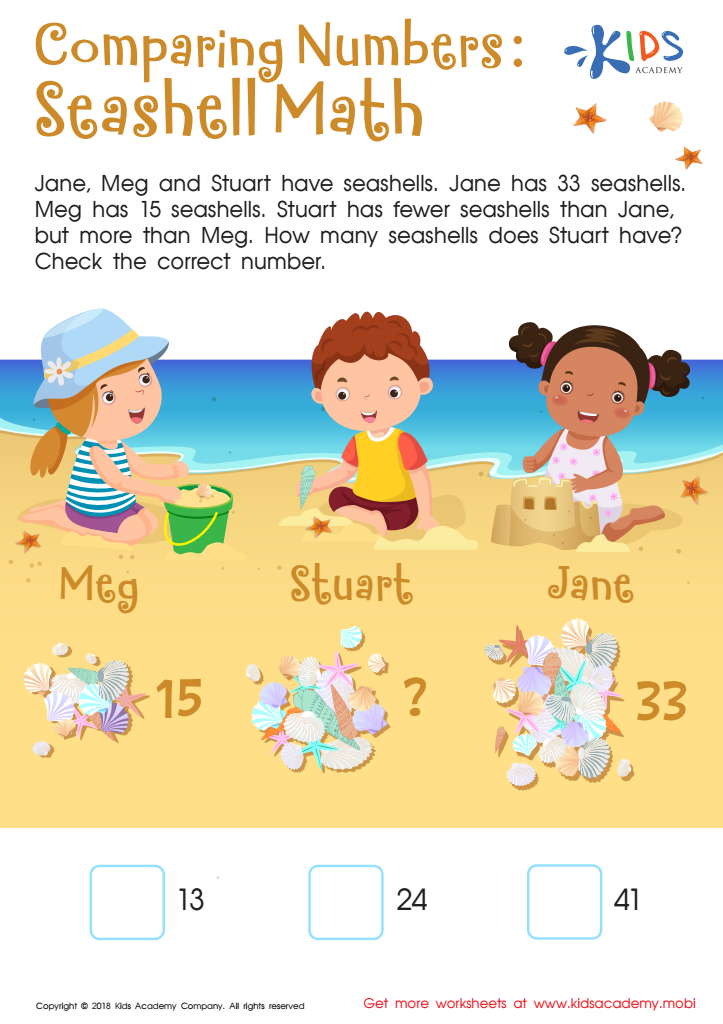

Seashell Collectors Worksheet
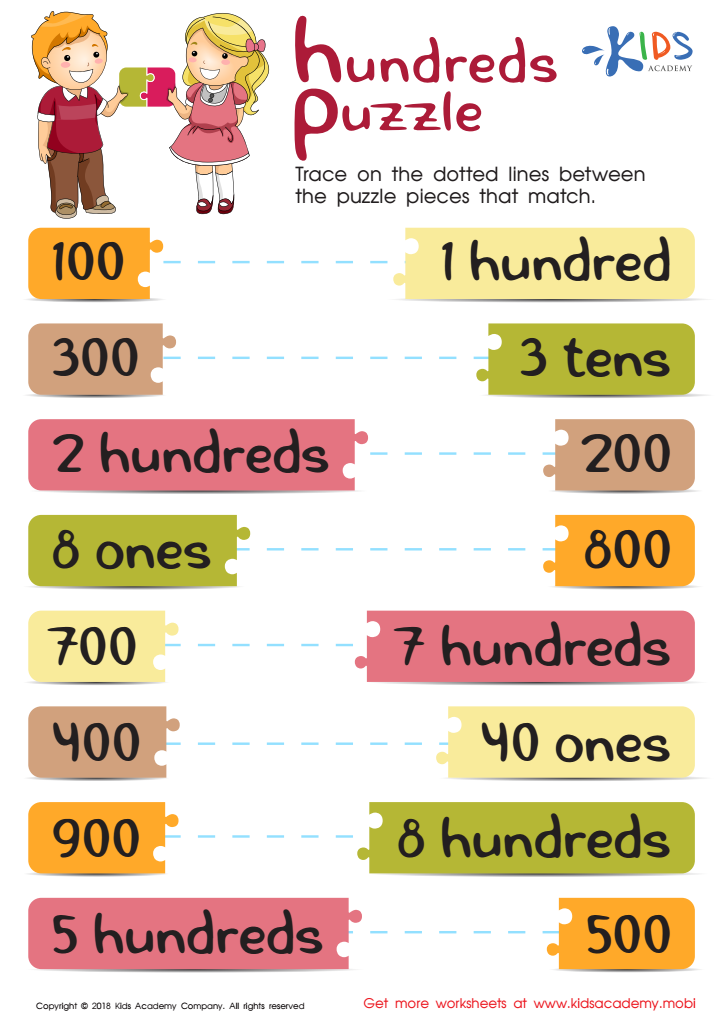

Hundreds Puzzle Worksheet
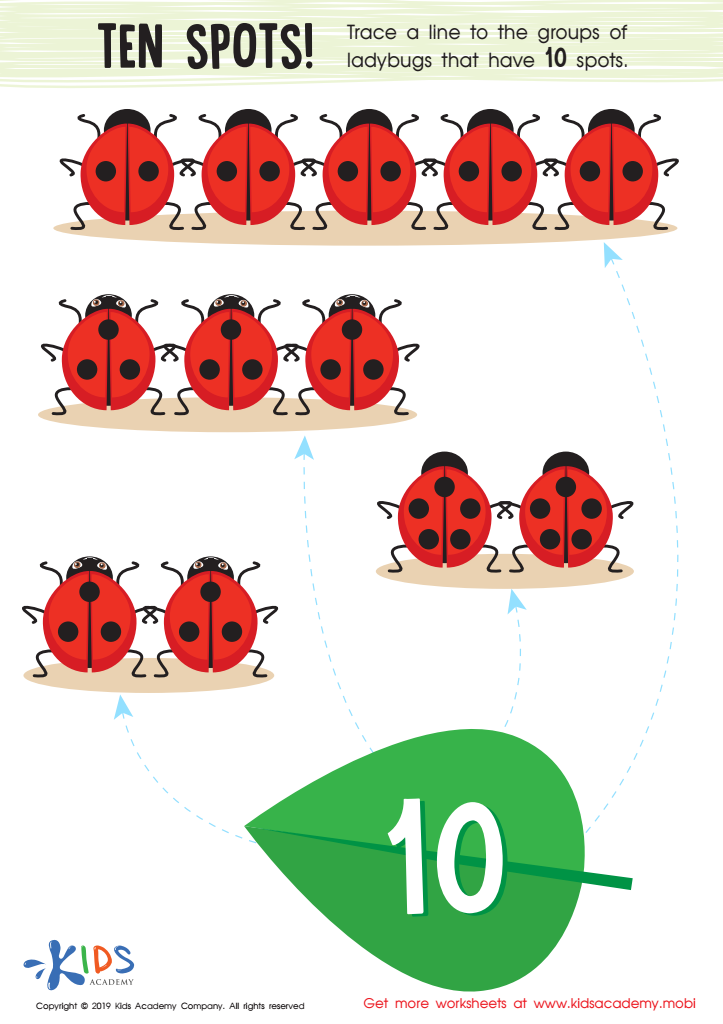

Ten Spots Worksheet
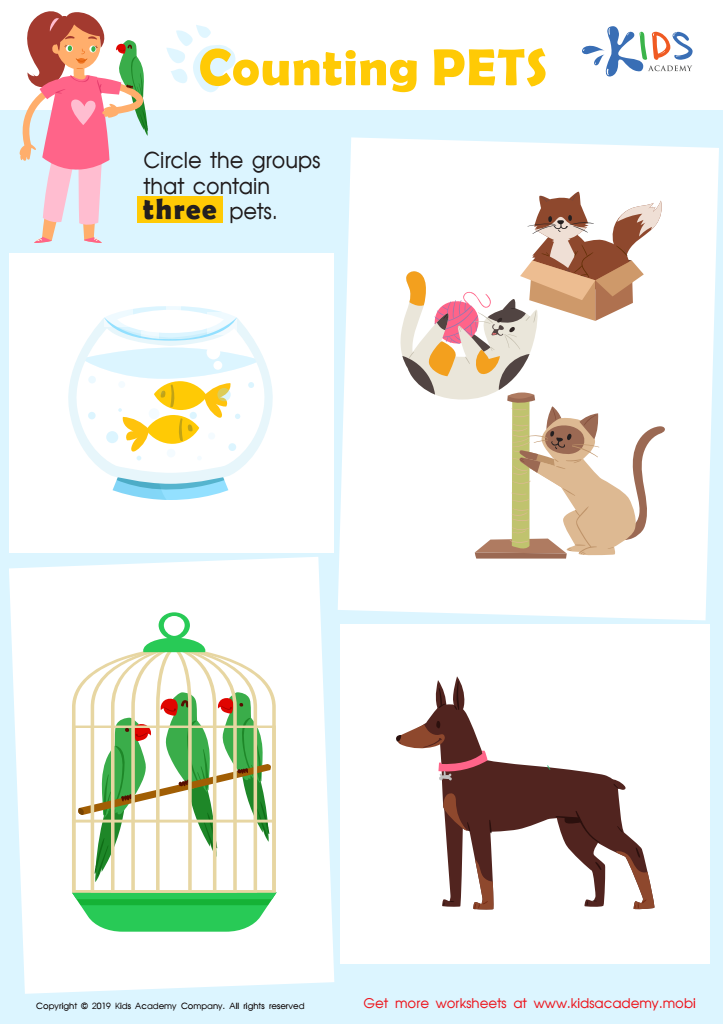

Counting Pets Worksheet
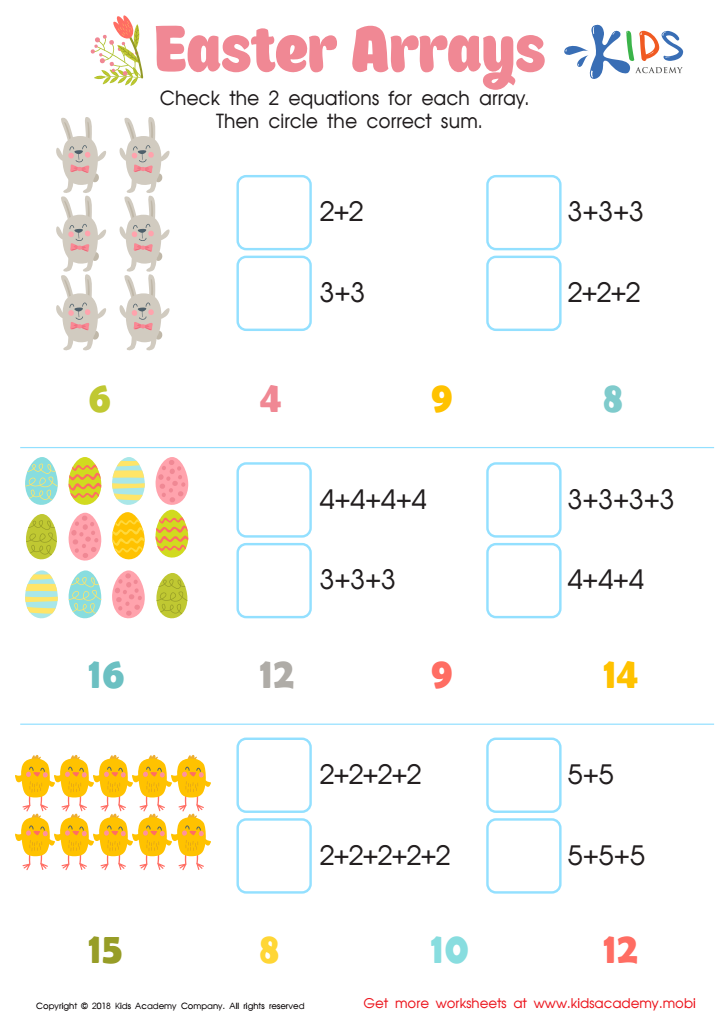

Easter Arrays Worksheet
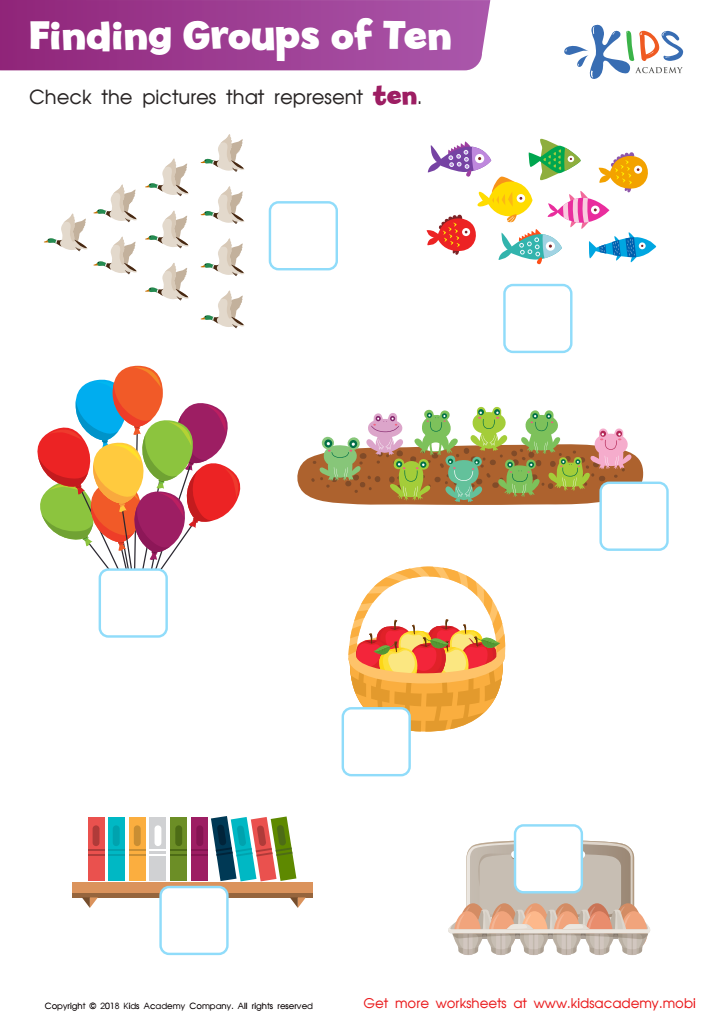

Finding Groups of Ten Worksheet
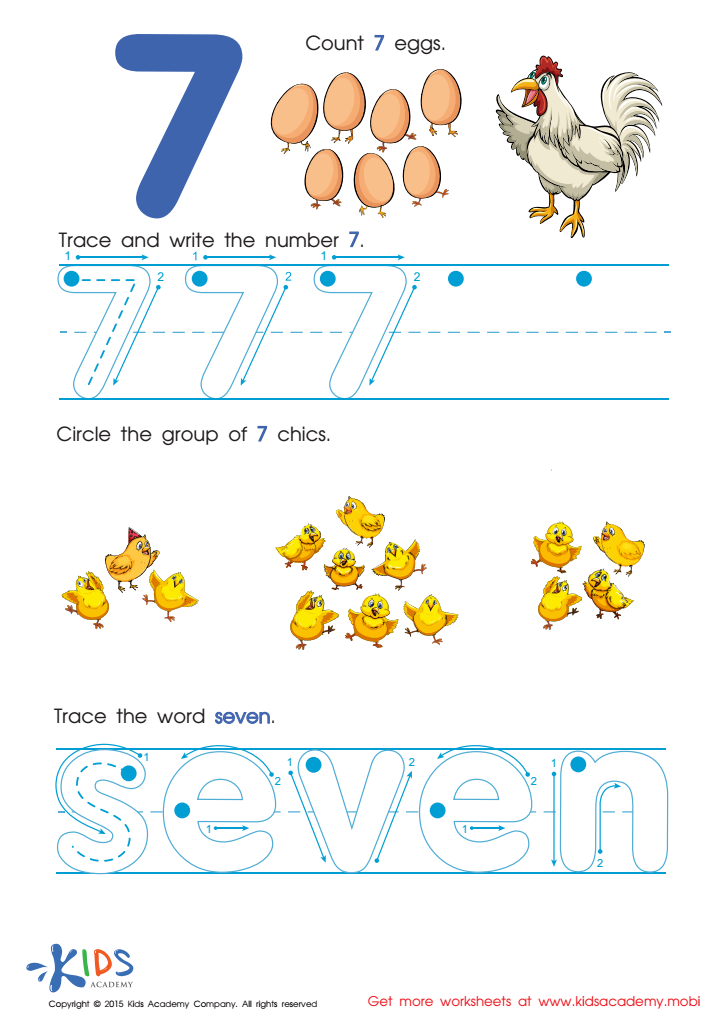

Trace And Write Number 7 with Fun Worksheet
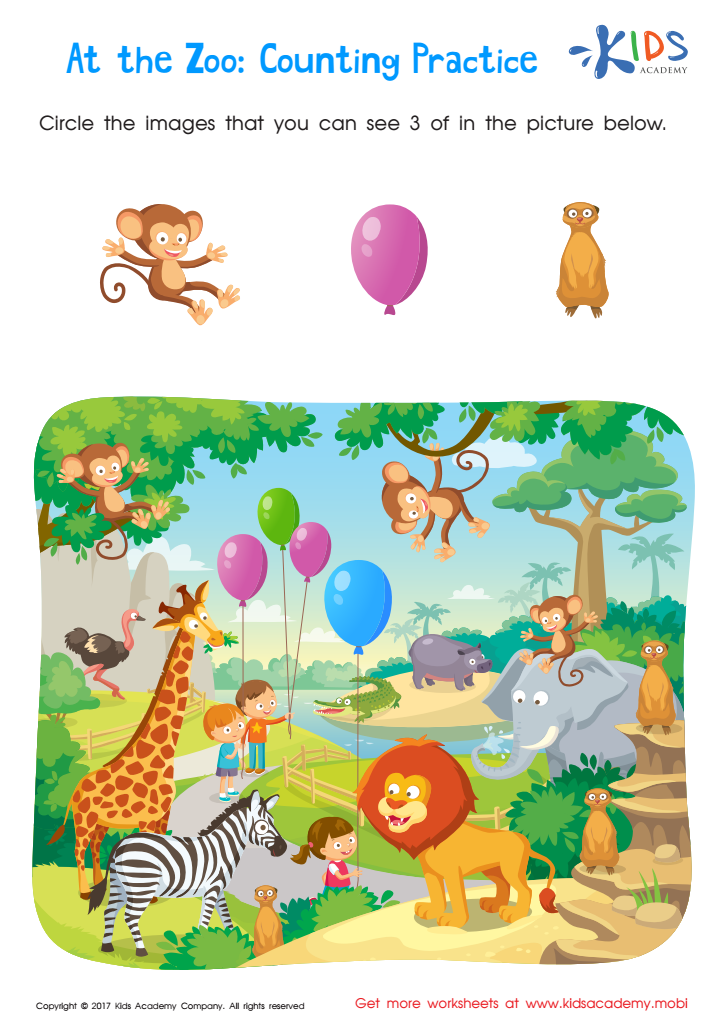

At the Zoo: Counting Practice Worksheet
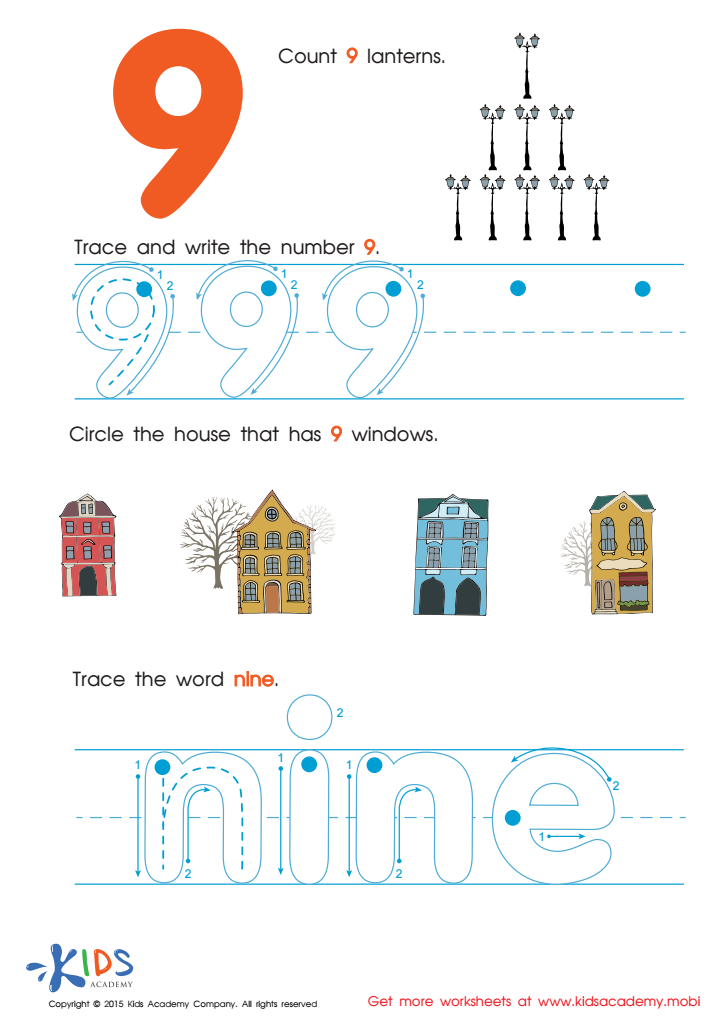

Tracing And Learning to Write Number 9 Worksheet
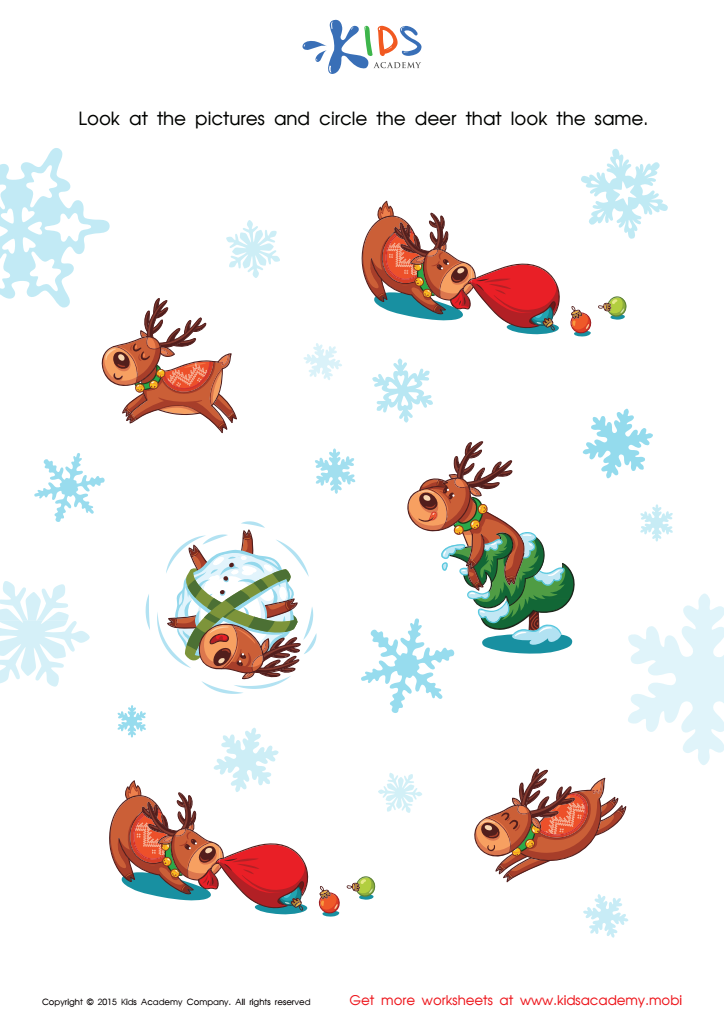

Count the Deer Worksheet
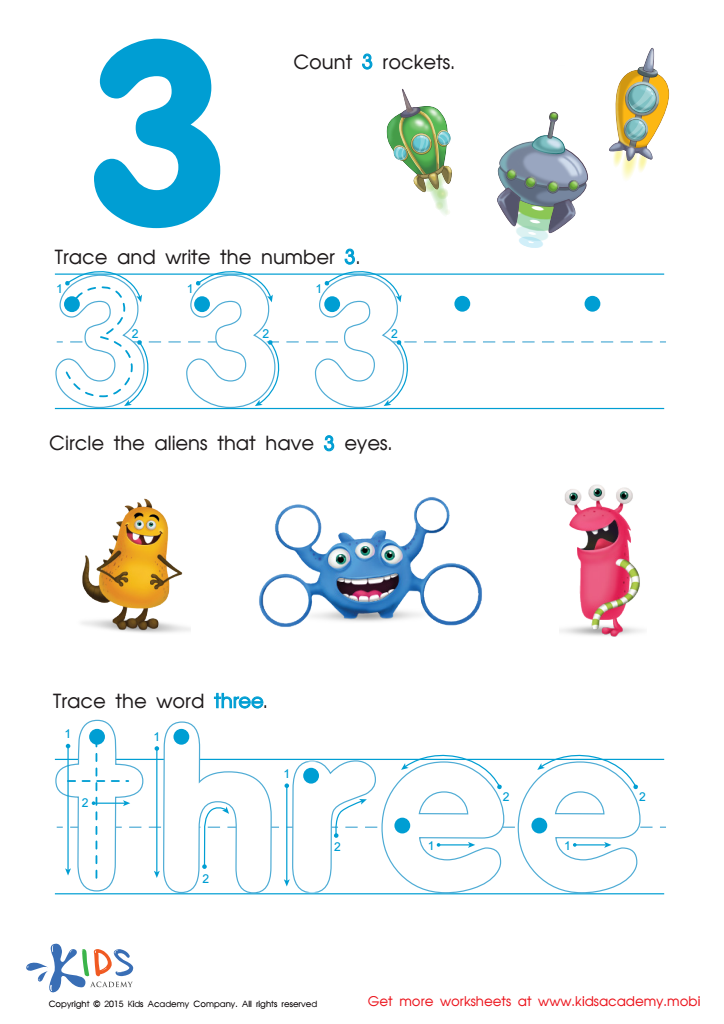

Learning Number Three Worksheet
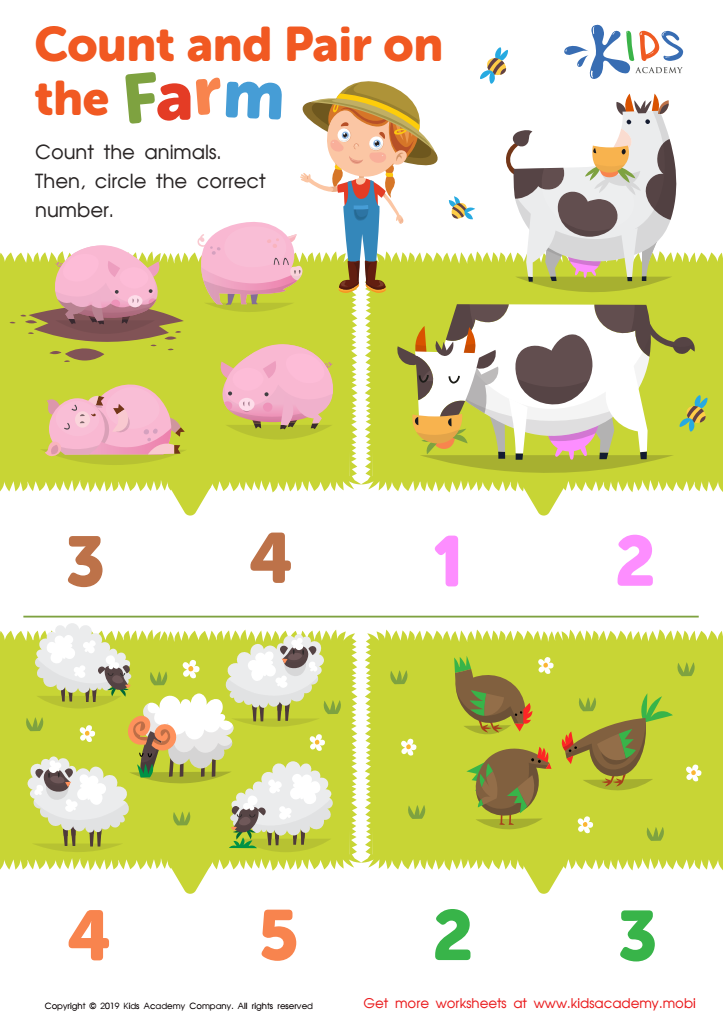

Count and Pair on the Farm Worksheet
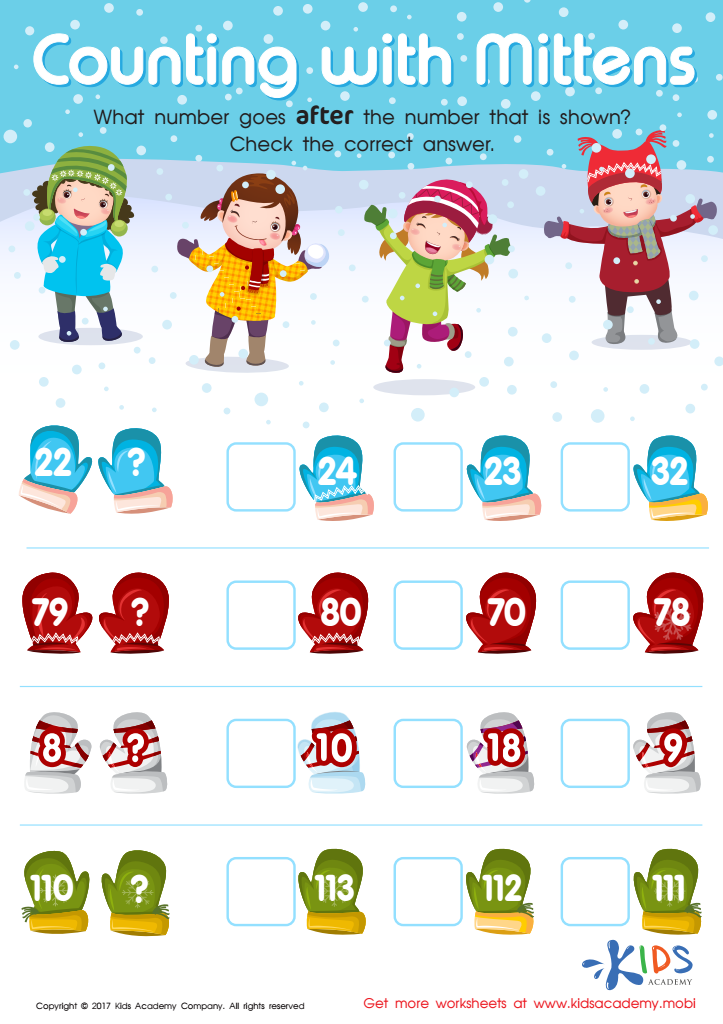

Counting with Mittens Worksheet
Counting skills are fundamental to early childhood education, particularly for children aged 4-9. These skills serve as the building blocks for more complex mathematical concepts. During this critical developmental stage, children begin to understand quantities, number relationships, and basic arithmetic operations, which are essential for their academic success.
Parents and teachers should care about counting skills because they are linked to children's cognitive development and overall learning. Proficiency in counting enhances problem-solving abilities, boosts confidence in math, and lays the groundwork for understanding more advanced topics like addition, subtraction, and even fractions. Moreover, strong counting skills contribute to a child's ability to reason logically and think critically, skills that are valuable beyond mathematics.
Engaging children in counting activities, such as counting objects or incorporating numbers into everyday conversations, can make learning enjoyable and practical. This engagement not only reinforces counting skills but also fosters a love for learning. Additionally, strong counting skills can reduce anxiety around math as children progress through their education, promoting lifelong learning habits. In conclusion, nurturing counting skills at an early age is vital for children's academic growth and can significantly influence their future success in both math and beyond.
 Assign to My Students
Assign to My Students



